Remembering Gianni Bugno's 1992 Worlds win
Italian cycling hits the heights before EPO fall-out takes it downhill
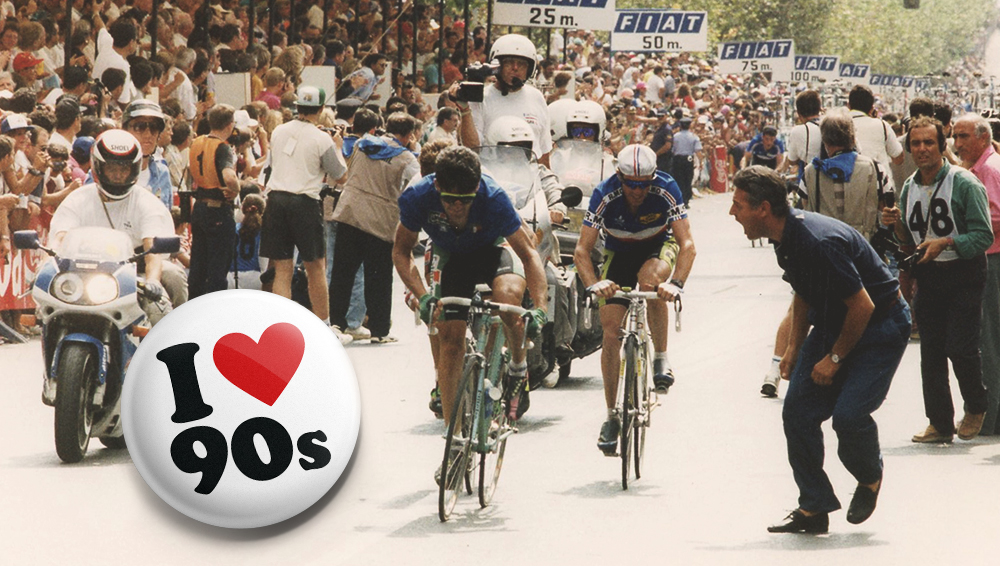
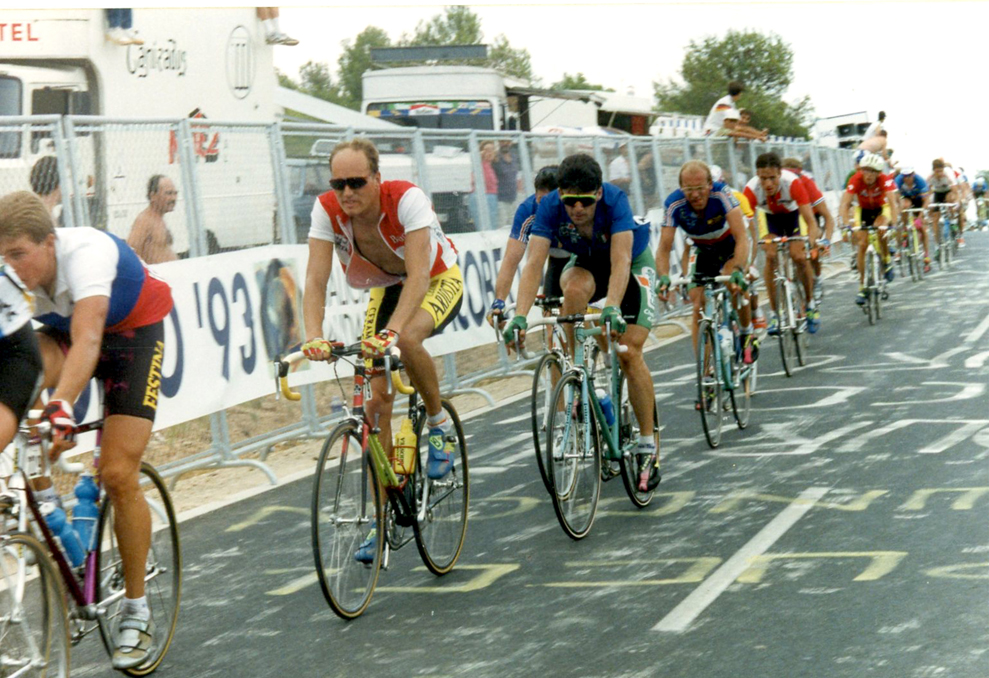
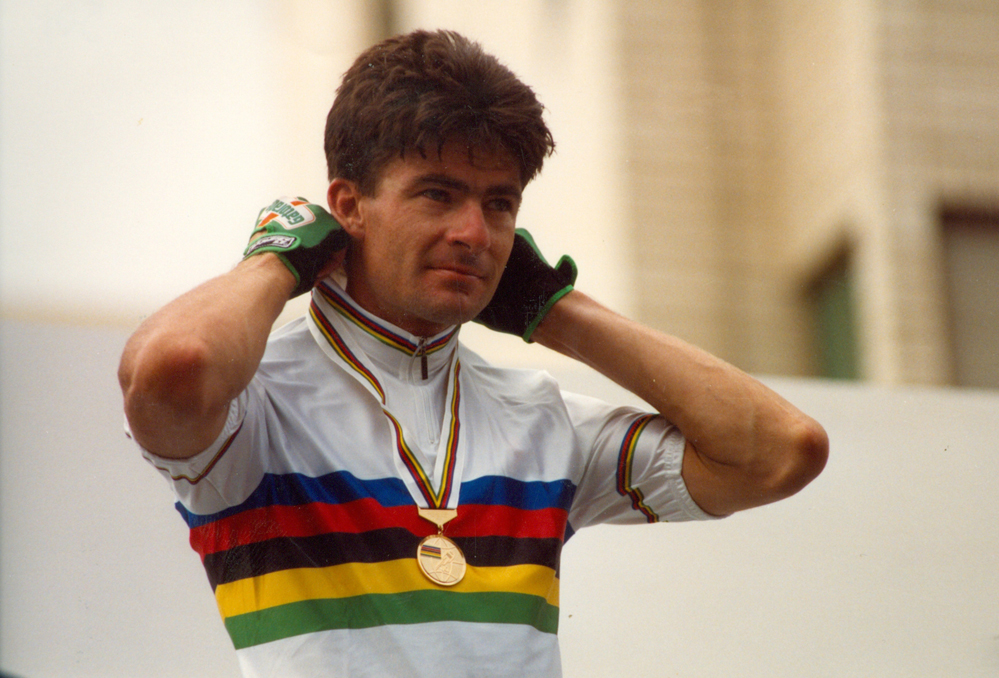
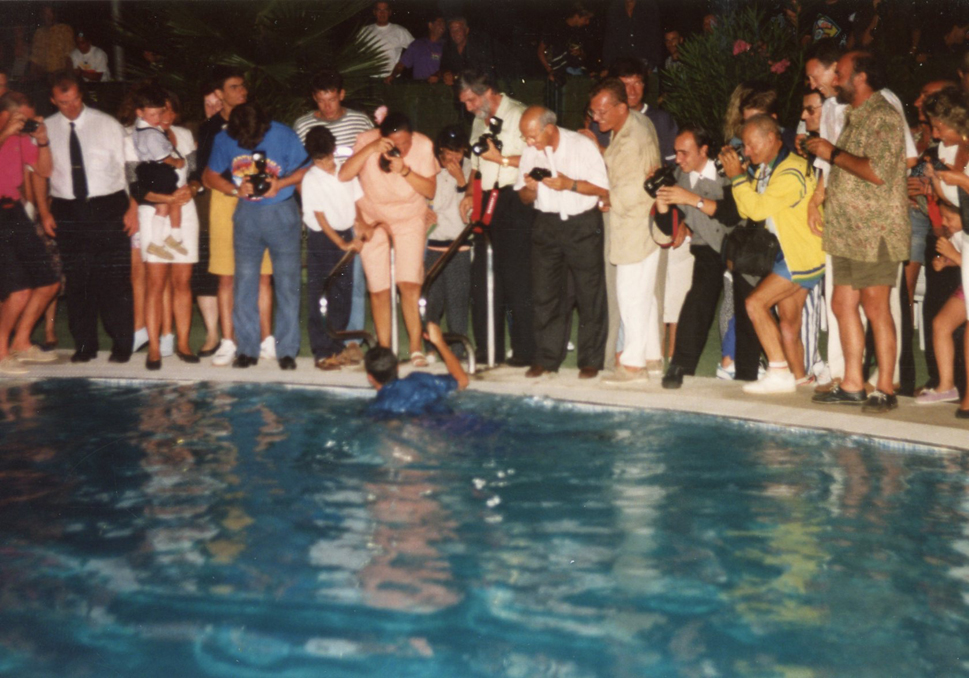
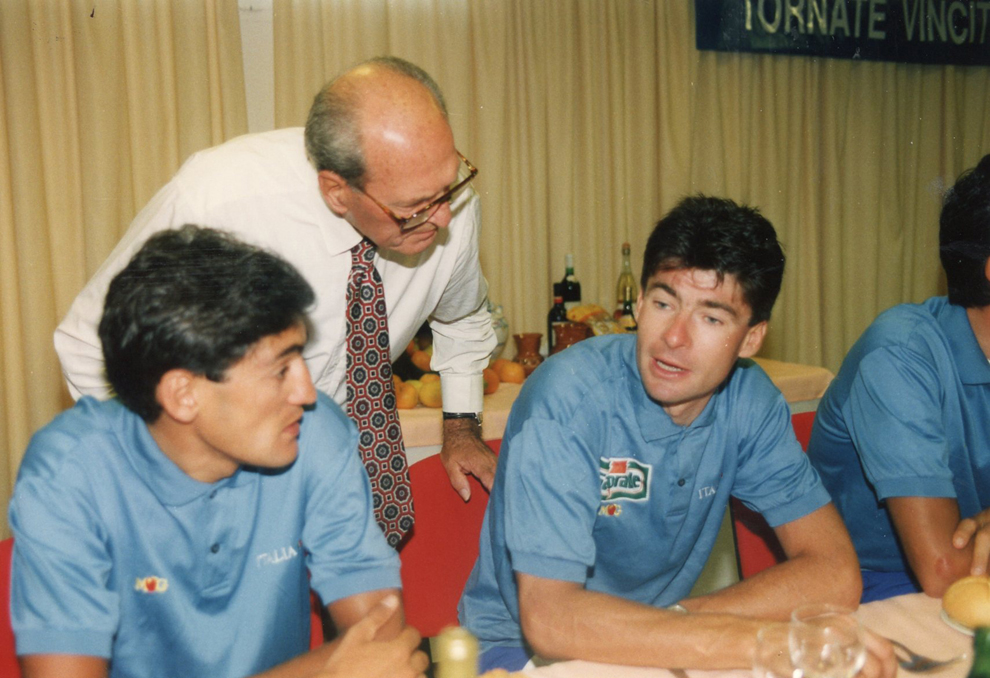
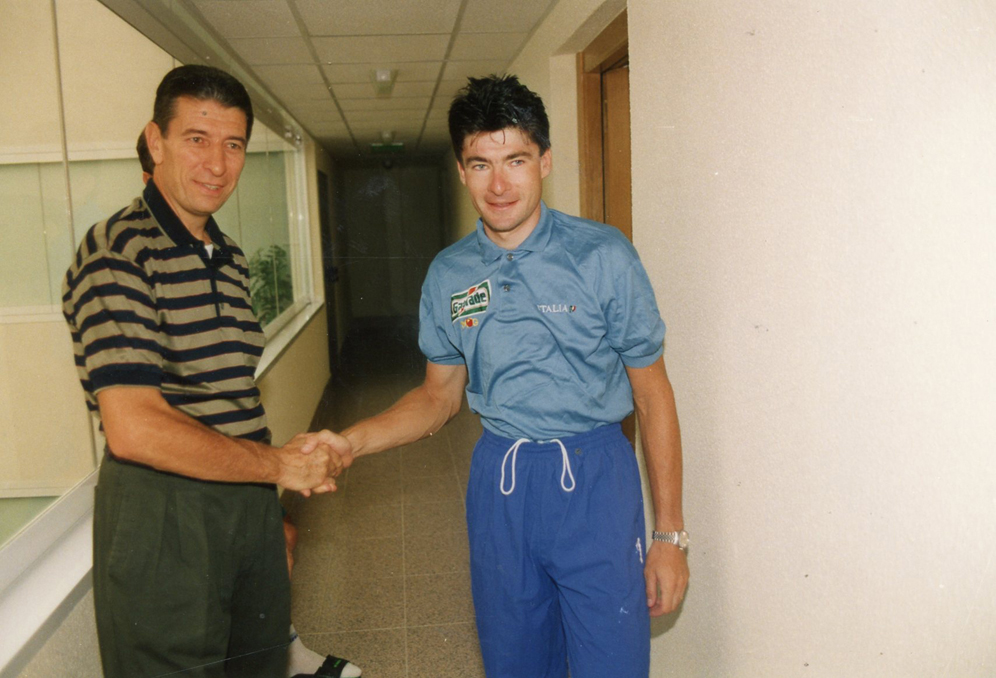
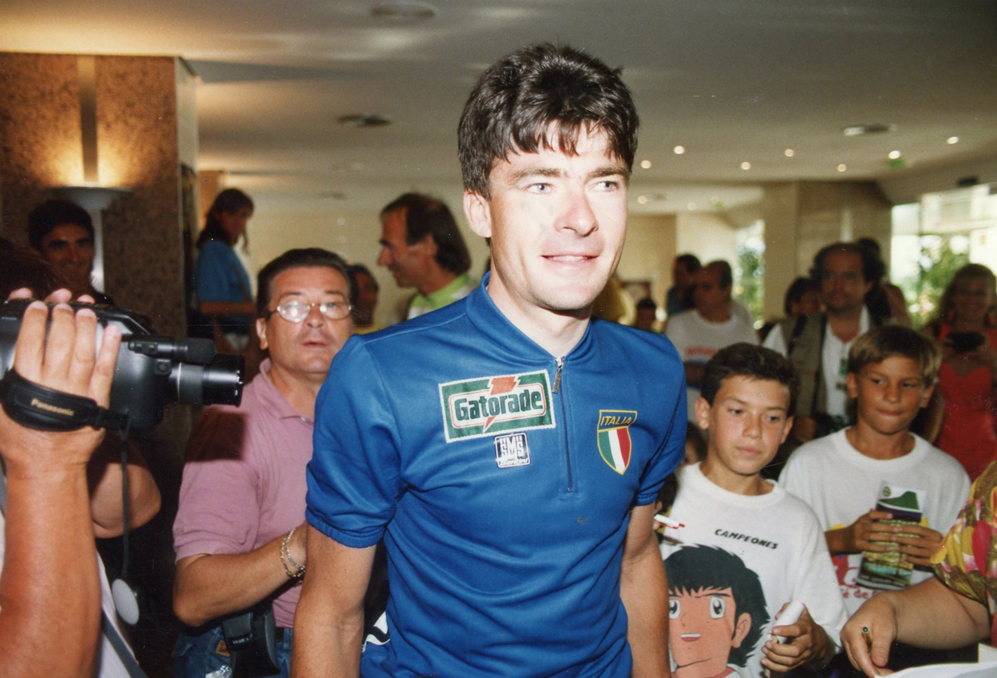
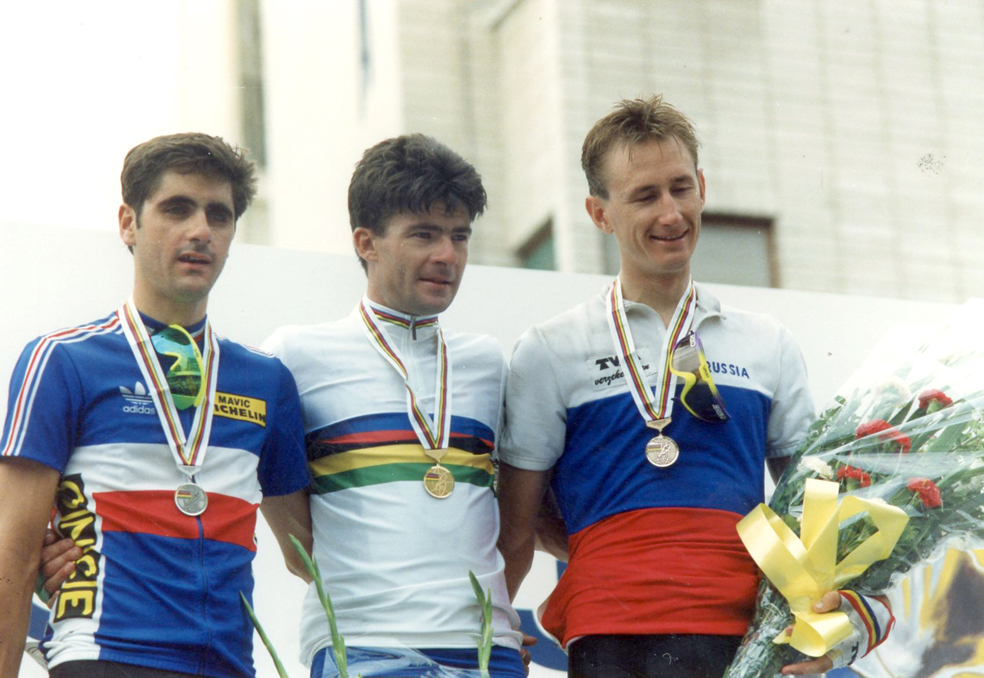
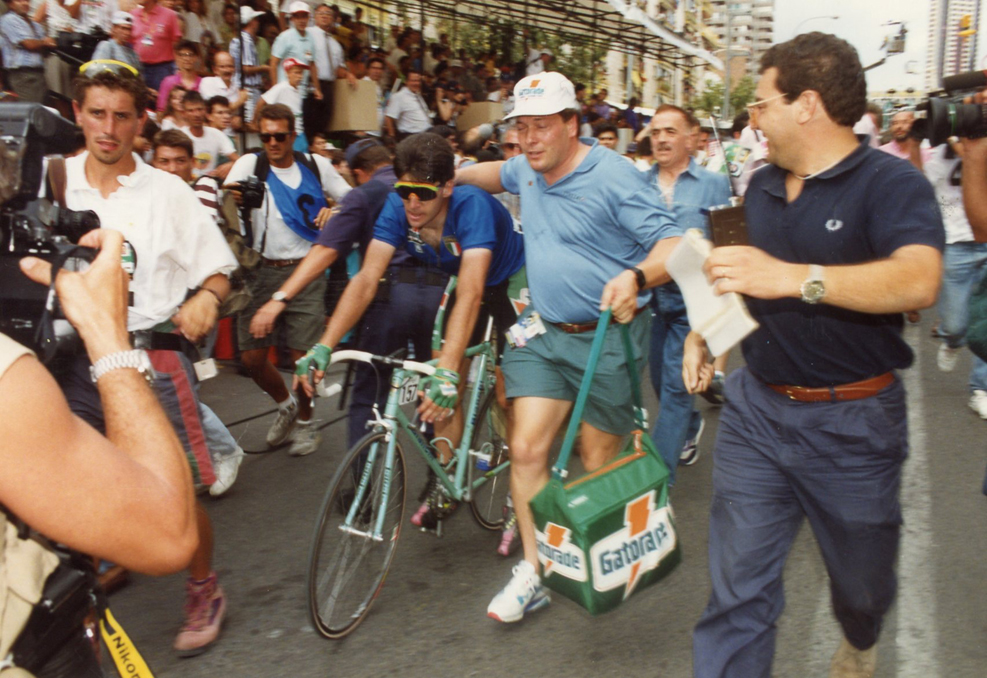
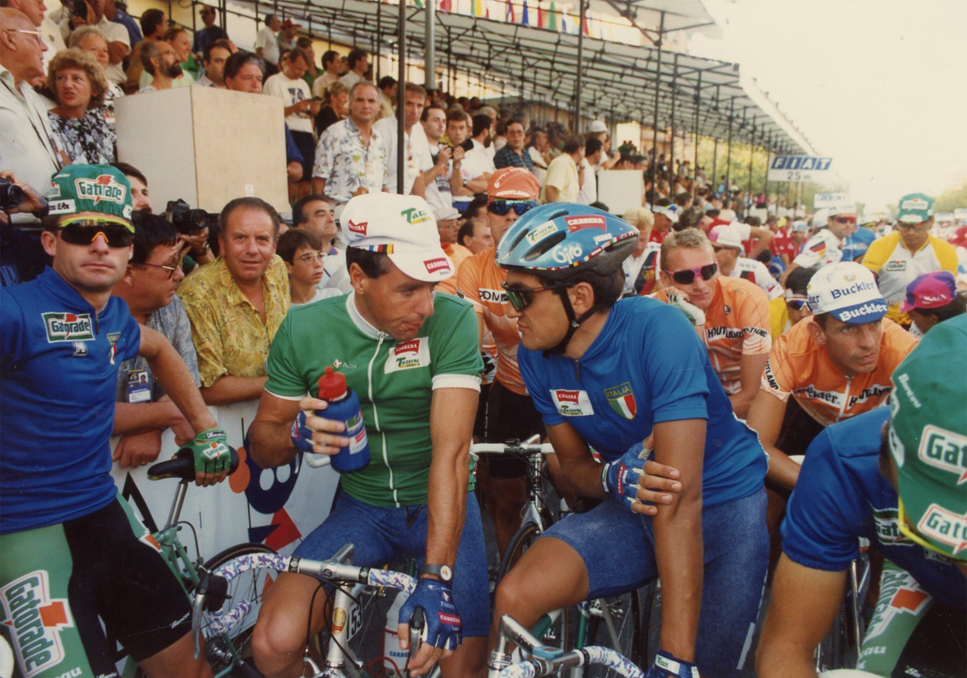
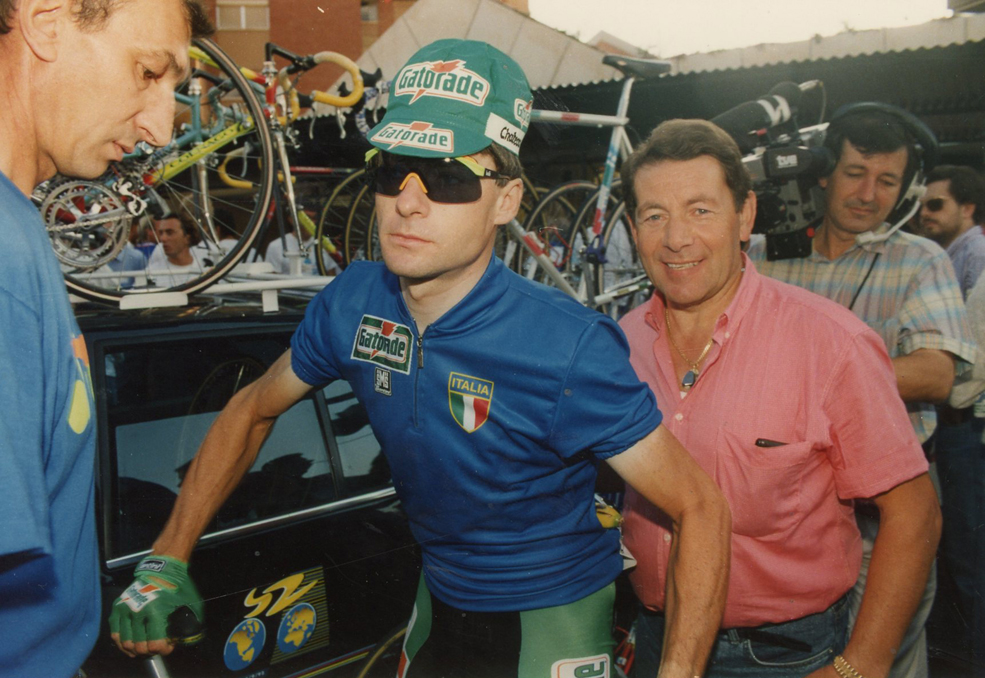
The following feature forms part of our 'I love the 1990s series' and sees William Fotheringham relive the 1992 World Championships in Benidorm, Spain.
A long weekend among the burgers, bacon butties and warm beer of Benidorm, with a splitting headache, sunburn and a near-permanent feeling of being hung over. How British. Except this wasn’t a stag night or a cheapo mini-break, but watching Gianni Bugno make a bit of history by winning his second consecutive road world championships.
This was more typical, a slow burn business, kind of like Gianni himself.
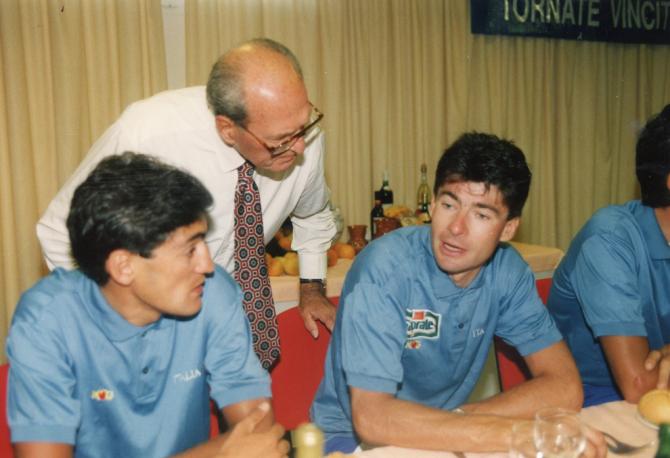
He had been expected to challenge Miguel Indurain in the Tour de France, with the support of Fignon. He didn’t. The pair didn’t gel and Bugno didn’t have the legs or the guts to attack Indurain. “The role of team leader was too big for him,” Fignon wrote in his autobiography, condemning Bugno’s racing style as “sporting suicide.”
The Italian media was also unimpressed, given that their world champion had missed the Giro d'Italia to have a clear run at the Tour de France, flying in the face of impassioned editorials in the sponsoring paper Gazzetta dello Sport backed up by readers’ polls.
There was a British team riding the World’s as well, probably led by Robert Millar and including such luminaries as Tim Harris, Harry Lodge and Dave Rayner, then a young hopeful riding for the Dutch Buckler team. They made no impact, but that was par for the course; their then team manager John Herety’s main memory of the weekend is that the pro team was run independently of the then British Cycling Federation, and stayed in its own hotel. That hotel had looked nice and peaceful when booked a few months earlier but in the interim a disco had opened in the basement which was par for the course in those parts. The Brits didn't get much sleep.
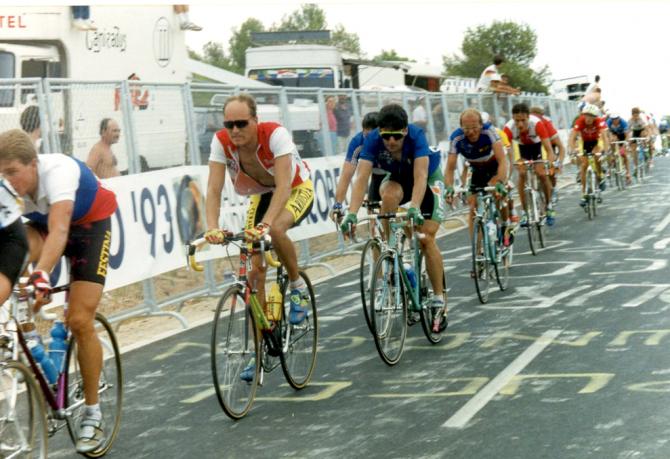
There were 16 riders in the group that would fight for victory, including Bugno, Indurain, Rominger, Steven Rooks and along with Jalabert, a large contingent from France: Jean-François Bernard, Thierry Claveyrolat, Luc Leblanc, and Gérard Rué.
Get The Leadout Newsletter
The latest race content, interviews, features, reviews and expert buying guides, direct to your inbox!
Bugno had only the balding, distinctly gnomic Giancarlo Perini to help him, so the French made the final running, with Jalabert in mind, sweeping up a late break including Udo Bölts, Federico Echave and Johan Bruyneel (again, little did we know where he would end up), marked by Leblanc.
Tactically, it was one of the best performances by a French team in the World’s, at least until the final sprint. On that rising finish, Jalabert and Bugno were by far the strongest, putting about eight lengths into the hugely talented and desperately inconsistent Russian Dimitri Konychev. It was Jalabert - left on his own by his teammates at the crucial moment - who committed the elementary error of moving into the wind too soon; Bugno - put into position by Perini - moved to his left as the sprint began, leaving the Frenchman with too much to do. The Italian television commentators couldn't quite believe it, and nor could most of those present, probably including Gianni.
There was much to reflect on here. Italian cycling was enjoying its Indian summer, with a rash of campioni like Bugno, Chiappucci, Moreno Argentin, Franco Chioccioli and Maurizio Fondriest, plus a young sprinter called Mario Cipollini.
The names of team sponsors on the azzurri jerseys were some of the biggest and strongest teams in the world: MG Maglificio, Carrera, Ariostea, Gatorade. The links back to the glory days of Coppi and Gimondi still ran true, epitomised by the aging figures of national coach Alfredo Martini in the ammiraglia at the World’s, and Giancarlo Ferretti at the head of Ariostea. A quarter of a century on, Italian cycling at the highest level is a desert, short of champions and bereft of a single WorldTour team.
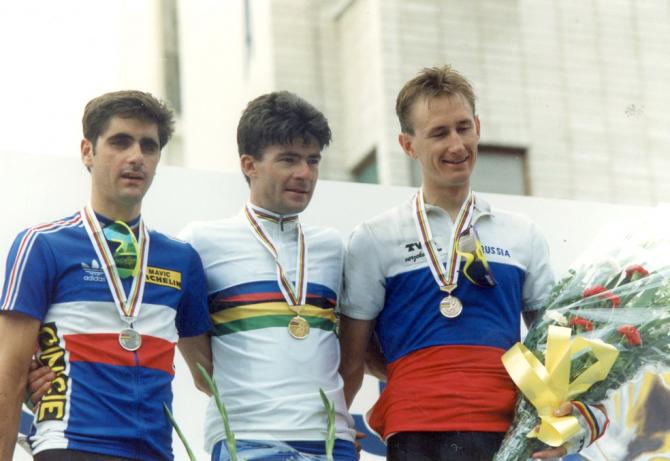

William Fotheringham is cycling correspondent at the Guardian, author of biographies of Tom Simpson, Fausto Coppi and Eddy Merckx. His latest book is The Badger, Bernard Hinault and the Fall and Rise of French Cycling. He can be found on Twitter @willfoth